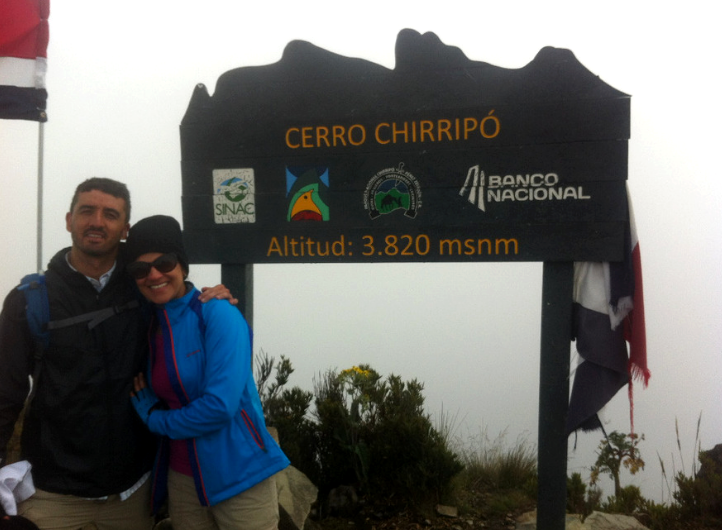Did you know that we’ve awarded over 30 travel medicine scholarships to doctors and nurses since 2002? Our scholars have gone on to conduct research on travellers’ health, implement travel medicine best practices in their communities, and become leaders in travel medicine.
Today, we’re checking in with two of our past scholars, Manuel and Ramesh. Manuel Villalobos (2016) and Ramesh Maniam (2017) both received the Stella & George Bryant Travel Medicine Scholarship. They trained at the London School of Hygiene and Tropical Medicine and the Hospital for Tropical Diseases in London, UK. We caught up with Manuel and Ramesh to see how they’re putting their knowledge into practice.
What are IAMAT Scholarships?
Our scholarships help practitioners who are already seeing travellers in their practice, but have not been able to access the training they need to provide specialized travel medicine care. Travel medicine training is not accessible to practitioners in many countries that rely on tourism or have growing tourism markets. IAMAT Scholarships give practitioners the opportunity to study travel medicine and train with experts in the field. When doctors and nurses are trained in travel medicine in cross-cultural settings, they’re better prepared to meet the needs of both local and international patients – travellers like you!
Want to learn more? Here’s how our scholarship program works.
Risk assessment and communication in Costa Rica
Manuel Villalobos of San José, Costa Rica
Manuel received an IAMAT scholarship in 2016. As an infectious disease doctor at a major referral hospital in Costa Rica, he sees many tropical diseases and travellers. Manuel’s goals for the course were to expand his knowledge of travel medicine so he can teach his medical students and his colleagues.
Manuel says:
I want to give an overview of travel medicine to my students (and colleagues also) so they can thrive in the clinical setting of travel medicine. I want to show them about the organization of the clinic and risk assessment in the real world. I have to talk about practical issues like vaccines, specific diseases, specific risks, and specific travellers so that they have a better understanding and knowledge.
The key takeaway for Manuel was the risk assessment: the way a travel medicine practitioner assesses a patient’s risk of acquiring certain diseases based on their destination, length of trip, planned activities, age, health status, and more.
The most important thing that I learned was the risk assessment for the traveller, both for people who are going to travel and returning travellers. Everything is about the skills in communication with the patient, because travel medicine aims to change people’s behaviour in many ways. The risk assessment is a clinical standard for treating the travelling population and that was completely new to me.
Preparing Hajj pilgrims in Malaysia for their journey
Ramesh Maniam of Klang, Malaysia
Ramesh received an IAMAT scholarship in 2017. As an occupational medicine physician in Malaysia, much of his work involves conducting health screenings for workers and training for health practitioners at his facility. He also sees many Hajj pilgrims ahead of their journeys to Saudi Arabia.
Since completing his training at LSHTM, Ramesh has presented about travel medicine, Hajj travel, and Malaria prevention to doctors, nurses, and paramedics. His day-to-day work includes occupational health assessments, vaccination, medical examinations for Hajj pilgrims, and immigration check-ups for people applying for visas to Canada and the United Kingdom. He is also in the process of establishing a travel clinic at his health centre.
You can help!
Support from travellers like you enables scholars like Manuel and Ramesh to share their knowledge and spread travel medicine education in their communities. If you’d like to support our scholarships, you can make a tax-deductible donation online.
Photo courtesy of Manuel Villalobos.
Article by IAMAT staff.



